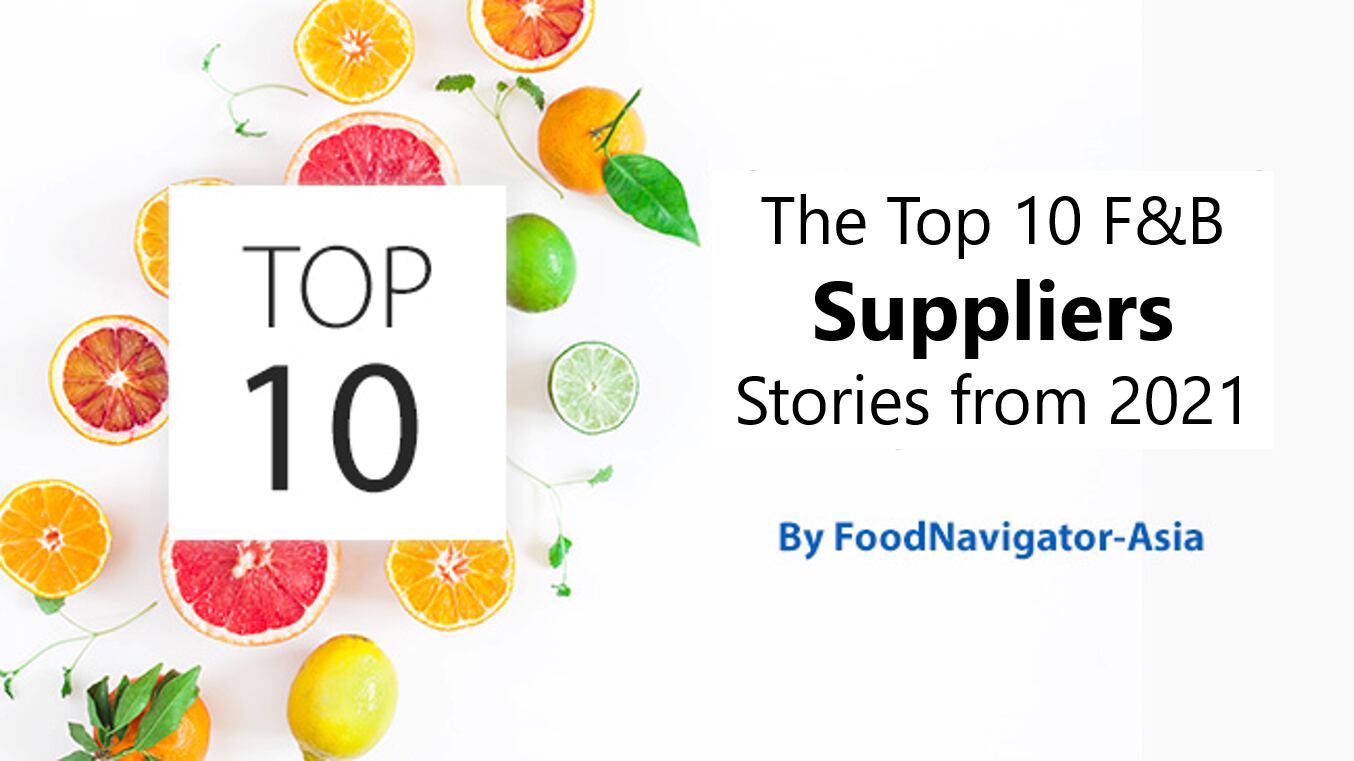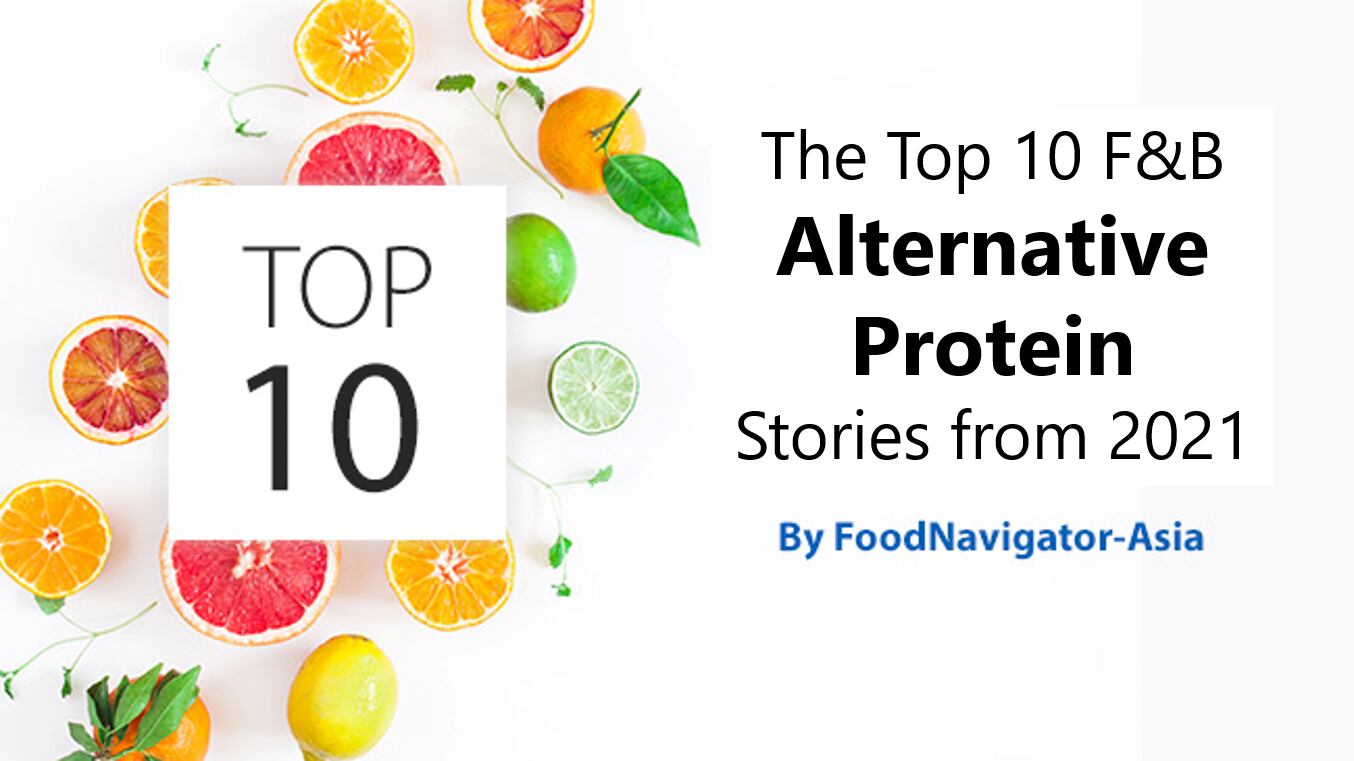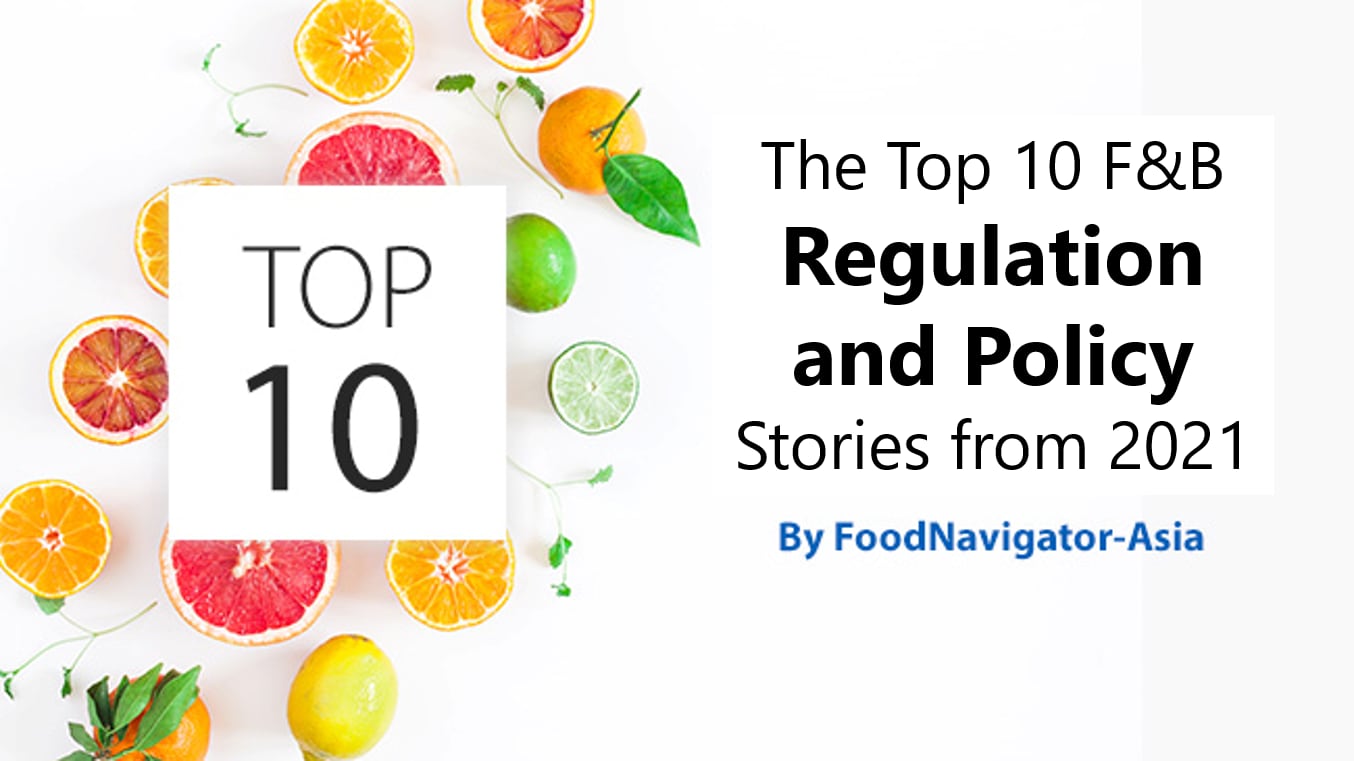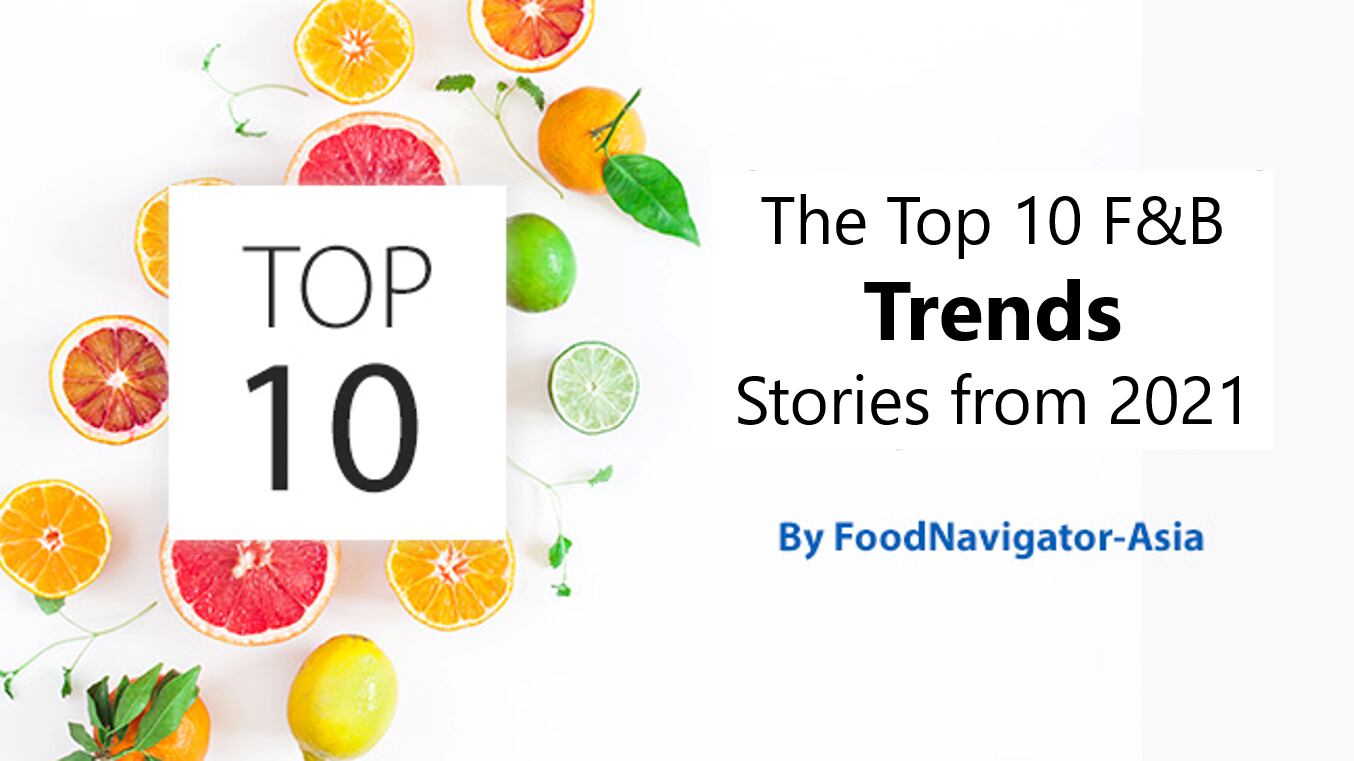1. Turbulent times ahead? Malaysia palm oil faced uncertain 2021 with price, production and policy challenges
The palm oil industry in Malaysia had to prepare itself for an uncertain year in 2021 with price volatility, production decrease and policy changes in the west, as the government attempted to shift to more value-added products in hopes of providing a boost.
According to data from the Malaysian Palm Oil Council (MPOC), palm oil prices on a global scale were expected to rise in 2021, with many key factors that could cause changes, all of which are subject to unpredictable changes.
“In 2021, we expect high price volatility in oils and fats including palm oil due to multiple factors such as the weather, pandemic recovery, economic stimulus and geo-politics - Changes in any of these fundamentals are likely to cause large price oscillations, so the market really needs to be on the lookout this year,” MPOC CEO Datuk Dr Kalyana Sundram said at the Palm Oil Trade Fair and Seminar (POTS) 2021 virtual event.
2. ‘Mathematically optimised meals’: Singapore 3D food printing firm ready for commercialisation with personalised nutrition technology
Singapore-based 3D food printing firm Anrich3D revealed its plans to go commercial and bring 3D printed foods with personalised nutritional profiles to the market for both consumers and businesses in 2021.
Anrich3D is a spinoff from the Nanyang Technological University (NTU) in Singapore, established in collaboration with NTU and the AllSpice culinary institute with the aim of bringing personalised nutrition to the next level by printing out food based on nutritional needs.
“There any many health apps, dieticians, websites etc. available today that are able to give personalised nutritional advice, but the hardest part is to implement that advice into actual food and meals,” Anrich3D Founder Anirudh Agarwal told FoodNavigator-Asia.
3. ‘Tetra Pak’ for meats: Hong Kong’s IXON on shipping fresh meat from US to Asia without the need for cold chain
Hong Kong-based IXON Food Technology, which has developed advanced sous-vide aseptic packaging (ASAP) to store fresh meat, fish and seafood at room temperature for up to two years, was building a pilot plant in the United States as part of its plans to grow its B2B and D2C channels.
Over the last two years, IXON has worked with more than 25 companies worldwide, including Italian chicken processor Amadori, US meat processors Cargill and Tyson Foods, seafood producer Thai Union, hygiene solution provider Ecolab as well as packaging firm Sealed Air.
Founder, Felix Cheung described IXON as the ‘Tetra Pak’ for solid foods. “We are sort of like Tetra Pak who does aseptic packaging for beverages and milks, but instead, we are doing solid foods, so proteins like meat, fish, seafood.” The ASAP technology also applies to fruits and vegetables.
4. Non-dairy, low sugar, functional and sustainable: Suppliers take on the four trends driving APAC’s beverage innovation
Ingredient suppliers have identified four key trends that were driving beverage innovation in Asia-Pacific, namely non-dairy, low sugar, functional and sustainability.
According to insights from Kerry, Sweegen and DSM, consumers in APAC were increasingly demanding beverages that taste good and support a healthy lifestyle, but were also sustainable and kind on the environment. The COVID-19 pandemic had also accelerated these trends.
FoodNavigator-Asia spoke to these companies to better understand the trends, and solutions offered to their customers.
5. Ingredient makers revealed challenges in delivering mouthfeel and texture in plant-based products
Ingredient suppliers have innovated in the delivery of mouthfeel and texture in plant-based products such as milk, snacks and meat, as interest in flexitarian, vegetarian and vegan diets continue to grow across APAC.
Mouthfeel plays an important role in providing texture, and contributes to the sensory profile of a food.
Plant-based products are made using plant ingredients such as grains, legumes, fruits and vegetables which typically gives a mushy texture, lacking the “bite” factor found in non-plant-based products.
6. ‘Best reformulation solution’: PhytoCo doubled sodium reduction rate of world-first plant-based salt to 40%
South Korea-based food technology firm Phyto Corporation (PhytoCo) doubled the sodium reduction rate of its world-first plant-based salt PhytoSalt - making it the only salt worldwide capable of reducing sodium intake by 40%.
The firm has its eye on helping companies struggling with salt and sodium reformulation.
PhytoSalt was formally launched in 2020, and at the time its ability to reduce the sodium content of food by 20% was already considered pretty groundbreaking, but the firm believes that its success in doubling this will give it the chance to gain broader recognition.
7. Angel Yeast opened new R&D centre in China tapping on plant-based and sports nutrition trends
China-based manufacturer Angel Yeast opened a new R&D centre in Yichang, Hubei Province in February 2021 to accelerate product innovation, with a particular focus on the plant-based sector and sports nutrition.
The manufacturer and distributor of yeast and yeast extracts plan to innovate and develop new yeast strains that can improve flavour in bread and brewing applications as well as targeting the growing plant-based and sports nutrition industries.
This is part of the firm’s 2025 strategy, focusing on five areas in yeast biotechnology, namely healthy food ingredients, nutrition and health products, non-yeast biotechnologies, and eco-friendly packaging materials.
8. Palm oil traceability: Musim Mas cited mill success but acknowledged smallholder plantation challenges
Palm oil firm Musim Mas achieved 100% traceability to its mills and was working on achieving the same for its plantations, conceding that there were challenges when it came to working with smallholders.
As of Q1 2021, the Singapore-headquartered firm achieved 84% traceability to its plantations.
Traceability plays a key role in the company’s sustainability strategy which spreads across farmers (plantations), millers, refineries, and consumer goods manufacturers.
9. Three-pronged approach: Kerry pin focus on plant-based growth, new taste trends and better-for-you innovation in APAC
Kerry has ramped-up the promotion of its plant-based innovation service to brands in APAC and the Middle East, while also doubling down on emerging taste trends and better-for-you product innovation.
Radicle is a portfolio of plant based food solutions that helps to create and deliver products that are nutritionally optimised with cleaner labels, authentic taste and texture.
It has been in use in Europe and North America over the past few years, and was launched officially in December 2020 in APMEA.
10. Pandemic pantry: BCFoods tap soaring seasoning demand with new plant in China
Food ingredient supplier BCFoods has opened a new seasoning factory in China to tap into soaring demand for herbs and spices, that has shot up amid the pandemic.
The supplier of dehydrated vegetables, herbs and spices had seen demand for its instant and Italian noodle seasoning packets increase more than five times in 2021 in China alone.
According to Mike Liu, chairman of BCFoods and president of the China Spice Association, convenience and shelf-stable foods were popular in 2020 as people ordered take-outs and cooked more at home.




